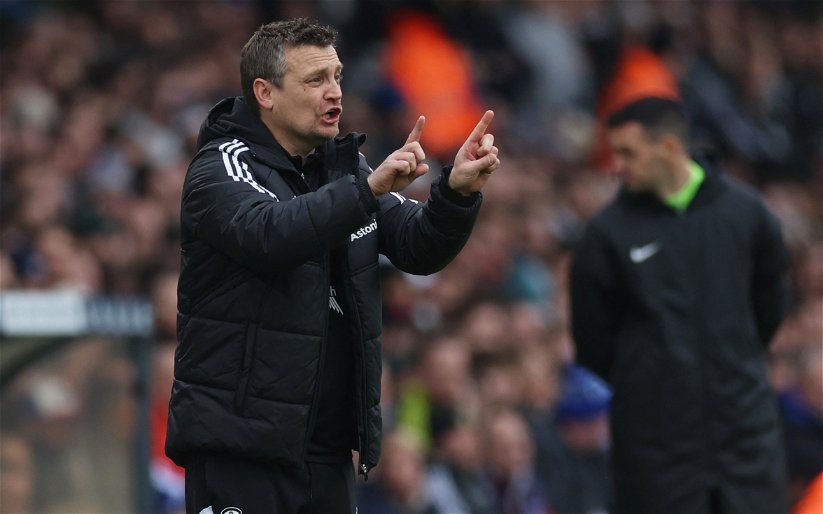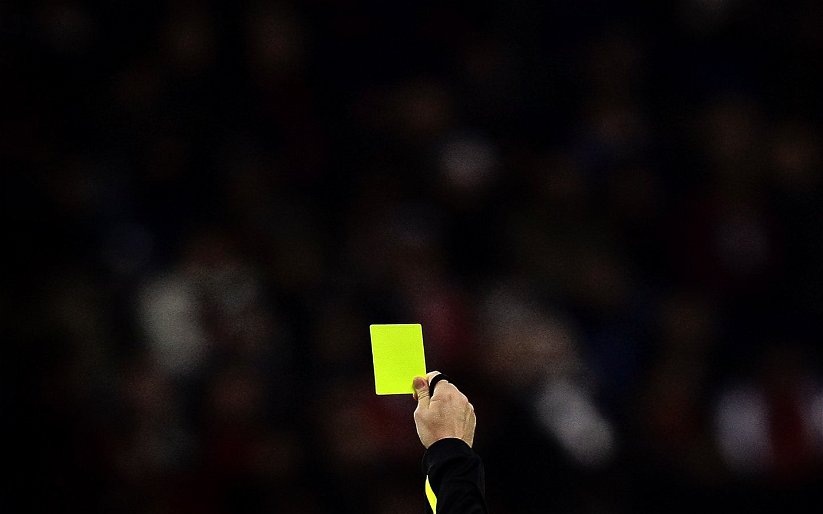There are Hercule Poirots and there are Hercule Poirots.
Many an actor has tried his hand at playing Agatha Christie’s most famous creation over the years but regrettably, most have come up short in some way. Legendary actor Charles Laughton was the first to portray Poirot on stage in Alibi in 1928, but this proved to be a short run in the West End and Laughton never returned to the role. When Alibi was made into a film in 1931, the role was played by Austin Trevor. Remember him? No, me neither. Trevor went on to play Poirot in two more films but later claimed that he only got the role because he could do a French accent. No wonder he has been forgotten, and we will return to the accent later.
The late Albert Finney was probably the first actor to deliver a laudable interpretation of Poirot’s character in Murder on the Orient Express in 1974. Christie herself once referred to Poirot as ‘an insufferable, bombastic, tiresome, ego-centric little creep’, and there is something of that in Finney’s performance. Finney did a good job as far as that facet goes and even received an Academy Award nomination, but there is a notable lack of depth to his portrayal and he never played the role again.
Two-time Academy Award winner Peter Ustinov took over for the next film, 1978’s Death on the Nile, and his performance proved more likeable than Finney’s. However, there was a problem: Christie’s daughter Rosalind observed Ustinov during a rehearsal and stated, ‘That’s not Poirot, he isn’t at all like that!’ Ustinov simply replied, ‘He is now.’ Despite this potentially catastrophic difference of opinion, Ustinov was to play Poirot in five more films until 1988 with, it has to be said, little more distinction. Many other actors enjoyed brief flirtations with Poirot in a variety of guises including José Ferrer, Maurice Denham, Peter Sallis and Ian Holm, but none made the role their own.
And then there was David Suchet.
Ironically, Suchet first appeared in the Poirot franchise in 1985 playing Inspector Japp in Ustinov’s version of Thirteen At Dinner. Suchet referred to his performance as Japp as the worst of his career, but a seed had been sown. Two years later he was offered the role that was to make him a household name. It was not plain sailing, however. Suchet recognised the problems inherent in the role from the outset, and he did not accept immediately.
Prior to accepting the role, he asked a number of people close to him whether they thought he should. One of those was his elder brother John (the ITN newscaster) and received a negative. He also met with Christie’s daughter Rosalind and asked her for her thoughts on Poirot. There were certainly problems with the casting itself, including the fact that Poirot was a retired detective in his sixties and Suchet was only forty-one at the time. But there was something special about the role that Suchet could not resist, and he accepted despite the reticence of those around him. It also transpired that no other actor had been approached, and actors are vain creatures after all.
Despite Christie’s own opinion of Poirot as a tiresome little creep, anyone reading through the thirty-three Poirot novels and more than fifty short stories will realise that there is far more to the character than that. Christie wrote about Poirot for an incredible fifty-five years: it was inevitable that a complex character would emerge over such a time span, and it is impossible to believe that she did not realise that. It also seems strange that no other actor had previously recognised that complexity and tried to translate it from page to screen, but none had. That was about to change dramatically.
From the very beginning, it was Suchet’s obsessive desire to play Agatha Christie’s true Poirot, and his starting point when he accepted the role over the New Year of 1988 was to read every single book.
“I had to read every word his creator had ever written about him. I didn’t want my Poirot to be a caricature…I wanted him to be real, as real as he was in the books, as real as I could possibly make him.” – David Suchet, Poirot And Me.
While reading through every book, he wrote out a five-page list of Poirot’s habits and characteristics which detailed ninety-three separate aspects of Poirot’s life. His mission was to understand not only how Poirot behaved, but also why. The list covered his accent (Belgian, not French, which Suchet copied from BBC recordings of Belgian people), his unique dress sense, how many lumps of sugar he would take with tea, the exact type of shoes he wore, his obsession with his moustache and the correct type, the mincing way he walked, his aversion to flying and more.
Only once he had absorbed Poirot’s complexities and obsessions did he feel ready to begin. Whether or not any given film would highlight any of these individual idiosyncrasies was irrelevant; the important thing was that together they formed Poirot’s very character, and that character was on open display in every film. It was an important distinction that turned the actor into the character.
Far from his fastidious quest ending there, he proceeded to carry the list with him on every film shoot to remind him of every aspect of the detective’s behaviour. He continued to bounce ideas off the films’ producers, his peers, his wife, and even his regular driver Sean O’Connor with whom he would rehearse his lines on his way to the film set. He directed the wardrobe staff to make sure his hat was brushed ‘tenderly’ prior to every scene, as Poirot would have done. His clothes had to be spotless, and he read a book on Edwardian etiquette to absorb the political correctness of the time: how to hold one’s gloves, how to bow to a lady and so on.
There were clashes with the film makers, of course. On the very first day of filming, Suchet rejected the costume the wardrobe department had assembled for Poirot because he knew it was incorrect for the time of day the first scene was portraying. Fortunately, London Weekend Television was spending the huge sum of half a million pounds on every episode and shared his desire to get every period detail correct. That seemingly unimportant incident set the tone for everything that followed, and was merely the first example of Suchet’s determination to do justice to Christie and her creation. On another occasion he insisted on wiping a park bench with a handkerchief and then sitting on the handkerchief because that is what Poirot would have done. Pedantic to some, but vital to Suchet’s commitment to making the character as real as it could be.
He also insisted on filming the summing up at the end of every episode in one take, which the vast majority of actors would never dare to attempt. Often extending to ten minutes or more, Suchet felt this approach was necessary in order to impart the correct sense of realism to the most important part of the film. It is what Poirot would have expected, so he did it.
This ongoing attention to detail ensured that the television companies would commit to filming every Poirot story over the next twenty-five years. Not only that, but Suchet ensured that he will be forever indistinguishable from the part he made his own. In creating the definitive Hercule Poirot, he set a standard that surely will never be equalled, let alone surpassed. That is some achievement.
So where is this little literary ramble taking us this month?
What we are talking about is attention to detail: increments, and how they can elevate the ordinary into extraordinary. Every previous actor failed at creating the real Hercule Poirot because they did not care enough to identify his DNA. They were merely playing a part, speaking the lines given to them in a vague approximation of a role. Anyone who thinks Peter Ustinov remained in character at the end of a day’s filming is very much mistaken: the lure of a hefty steak and a bottle of Château Latour would have been his main ambition by that stage of his career. He cared not one iota that Christie’s daughter disliked his interpretation because the role for him was centred around Peter Ustinov, not Hercule Poirot. Contrast that with the approach taken by David Suchet, meeting with Rosalind (Christie) Hicks prior to beginning the role and asking for her opinion.
It is, therefore, no coincidence that Suchet held the role for a quarter of a century, filming all forty-five Poirots, and he did it quite brilliantly. In total he appeared in over 120 hours of television in the same character, which is a truly extraordinary achievement. Through his fastidious attention to detail and desire to be the best he could be, he not only created the definitive Hercule Poirot, but also made it impossible for every actor unfortunate enough to try the role thereafter. Kenneth Branagh and John Malkovich have taken it on in very recent times but Suchet’s shadow casts over them all and is sure to endure for many years to come. And in the process, he has transformed himself from a relatively successful stalwart of the West End into one of our greatest actors. And if that is not a win-win, nothing ever will be.
Is David Suchet a better actor than Peter Ustinov and Albert Finney? Probably not, yet his masterful depiction of Hercule Poirot put the two Hollywood stars firmly into the shade. Not only is that very interesting, it also gives us some clues about the conundrum facing Lincoln City next season.
All anyone can ever be is the best they can be, and perhaps they may become the best of their particular era. The same philosophy applies to football whether referring to managers, coaches, players, supporters, ground staff or caterers. But without the determination and commitment to be the best, no one can succeed. That characteristic is what distinguishes the best from the rest.
Much has been made recently of City’s promotion to League One and the new demands about to be placed upon its finances. Bob Dorrian’s statement a year ago that promotion to League One would require an additional £1m in investment appears to be true, given the disparity between wage demands at the higher level and the relatively minimal increase in solidarity and basic awards. Clive Nates stated only last week that City are likely to have a bottom-half budget next season, and that further investment is being sought to support that. Season ticket prices have shown an increase but not that substantially. Given that neither the capacity of Sincil Bank nor the amount of commercial income that can be generated from it can be increased to any real degree, the club does not have many other places to go.
However, what the club does have in spades is increments and the opportunity for applying them. Danny Cowley tried to identify the DNA of Lincoln City when he arrived in 2016 in much the same way as David Suchet searched obsessively for the DNA of Hercule Poirot, and that degree of determination and depth of understanding is visible in both of them. Without that element, success will always be elusive. There is a reason why Cowley has spent his entire managerial career punching above his financial weight in much the same way that David Suchet’s Poirot towers over two-time Academy Award winner Peter Ustinov and the rest. Attention to detail and an obsessive desire to succeed can overcome many apparent disadvantages, and that is why Lincoln can start next season in League One with some degree of confidence.
And if it does not quite go to plan, we can always watch Agatha Christie’s Poirot instead.
Who did our members consider to be April’s star players?
Player of the Month is MARK O’HARA after the loanee midfielder turned in some title-winning performances. O’Hara is clearly at the top of the Sincil Bank shopping list this summer and the option to sign is there. Other clubs are known to be interested but O’Hara has already stated he wants to be here. Fingers crossed.
Second place goes to TOM PETT, one of the prime candidates for the Vital Player of the Season crown. With rival Jason Shackell blotting his copybook at Carlisle, has Pett done enough to top the ratings? That would represent a fantastic turnaround: Pett came last in the ratings last season.
Third place goes to MICHAEL BOSTWICK, another contender for the top spot. His consistency has been outstanding, topping the ratings on no fewer than eleven occasions at regular intervals throughout the season. Surely his best position has been found, and with Shackell signing a new one-year contract, their fearsome central defensive partnership happily continues into next season.
Despite some less effective performances, the average team score of 7.30 is the best of the season.
1. Mark O’Hara 8.03
2. Tom Pett 8.02
3. Michael Bostwick 7.72
———————————–
4. John Akinde 7.54
5. Matt Gilks 7.48
6. Josh Vickers 7.38
7. Michael O’Connor 7.36
8. Matt Rhead 7.29
9. Neal Eardley 7.24
10. Shay McCartan 7.11
11. Harry Toffolo 7.10
12. Jason Shackell 7.09
13. Harry Anderson 7.05
14. Bruno Andrade 6.90
15. Cian Bolger 6.70
16. Danny Rowe 6.60
17. Lee Frecklington 5.58
Individual ratings by match:
MK Dons: Tom Pett 8.88
Cheltenham: Mark O’Hara 7.57
Carlisle: Harry Anderson 7.43
Tranmere: Michael Bostwick 8.30
Newport: John Akinde & Josh Vickers 7.37
So where does that leave us regarding the current Player of the Season standings?
You will have to wait and see…
Player of the Month
August: Josh Vickers 7.33
September: Jason Shackell 7.47
October: Tom Pett 7.07
November: Michael Bostwick 7.42
December: Harry Anderson 7.37
January: Michael Bostwick 7.90
February: Bruno Andrade 7.42
March: Tom Pett 7.27
April: Mark O’Hara 8.03
Writer: Scotimp
March Player Ratings: Changes To The Rules For 2019-20:
Hercule Poirot And The Lincoln City Conundrum:https://t.co/IgNXRVu77W#ImpsAsOne #ProudToBeImps
— Vital Lincoln City (@VitalLincoln) May 13, 2019
https://www.facebook.com/VitalLincolnCity/posts/2189232261113007


